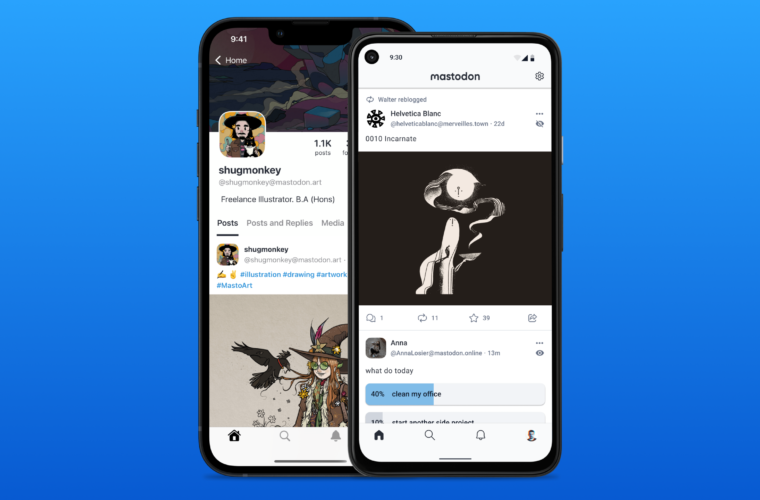
A new partnership with Mastodon to integrate instances of the society among navigation panels.
The Vivaldi browser has become the first to integrate Mastodon, the social network of Elon Musk’s (i.e. Twitter’s) delusions. A move that aims to accelerate the adoption of the social blog while attracting more users to the privacy-focused browser. Since Musk acquired Twitter, Mastodon’s active user base has grown from 300,000 to 2.6 million, a growth challenging to manage with the admission of the guys who developed it. The sudden influx overloaded many servers (known as instances) on the federated social network, forcing the team to take them offline. Vivaldi’s model has the ability to alleviate some of the tension.
Jon von Tetzchner, the co-founder of Vivaldi and the Opera browser, told TNW that the plans were discussed more than five years ago. “To be honest, we should have joined then, but when we saw the influx of users on Mastodon and saw some of the servers struggling, we wanted to help out.” Von Tetzchner hopes to lower the barriers to entry on Mastodon with his strategy. To access the Vivaldi instance, tap the network sidebar icon in the latest desktop version of the browser. Users can also add any Mastodon instance of their choice as a web panel to the sidebar, which creates a split-screen display. “There is a win-win,” von Tetzchner continued. “We help Mastodon to grow and clearly this helps us to be known more, by those people who choose to access Mastodon from Vivaldi.”
Vivaldi is not entirely open source, but being a Chromium-derived browser, all applied changes are always placed in the public domain. The browser uses third-party components and a unique user interface that developers do not want to see in derived products. In the 1990s, before the arrival of Internet Explorer and Firefox, the historic Netscape Navigator aimed to offer a ‘suite’ comprising not only the browser but other components, including the e-mail client. In 2022, the developers of Vivaldi decided to go down that road again to meet the needs of those seeking a broader range of functionality in a web browser. Even today, there is still the SeaMonkey project, born as a continuation of the idea behind the Mozilla Application Suite.

